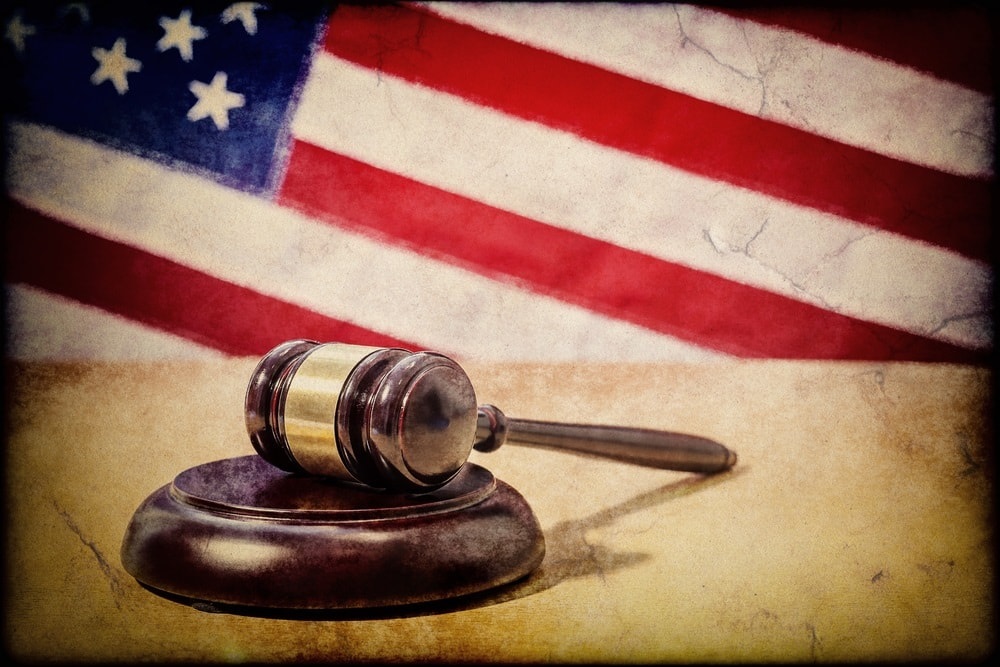On July 13, 2016, the Securities and Exchange Commission adopted amendments updating the rules of practice governing its in-house administrative proceedings. Among the most significant new rules adopted by the SEC are:
Timing of Hearing and Initial Decision
The new rules make the deadline for a final decision run from the date that the hearing concludes, rather than the date that the proceeding is initiated. Orders instituting proceedings must designate the deadline for an initial decision as 30, 75 or 120 days from the completion of post-hearing or dispositive motion briefing or a finding of a default. The amended rules also extend the length of the pre-hearing period from a previous maximum of four months to a new maximum of 10 months for cases designated as 120-day proceedings, a maximum of six months for 75-day cases and a maximum of four months for 30-day cases. The new rules also provide a mechanism to extend the deadlines in some instances. As a result of these changes, respondents now have significantly increased time to prepare their cases.
Depositions
The rules previously allowed depositions only where a witness was unlikely to be available to testify at a hearing. The new rules allow parties in 120-day proceedings the right to notice three depositions per side in single-respondent cases and five depositions per side in multi-respondent cases and permit each side to request an additional two depositions under an expedited procedure.
Evidence
The rules already excluded evidence that is irrelevant, immaterial or unduly repetitious. The amended rules also exclude evidence that is unreliable and provide that hearsay evidence may be admitted provided that it is relevant, material and reliable.
Other Changes
The Commission also approved new rules clarifying the procedure for motion practice, including motions to quash and pre-hearing dispositive motions, the requirements for what defenses must be included in a respondent’s answer and the procedural requirements for appealing a hearing officer’s decision.
* * *
The SEC’s administrative proceedings have become highly controversial in recent years, as many defendants in the proceedings have complained that the process is inherently unfair. Among the concerns raised by defendants in the administrative proceedings were that discovery is limited, that depositions were generally not permitted to be taken by defense attorneys and that there are no juries. Perhaps the most significant criticism is that both the judge and the prosecutor are employees of the SEC, appeals must be taken directly to the SEC commissioners and only then to a federal court of appeals. According to the Wall Street Journal, the SEC prevailed against 90 percent of respondents in contested administrative proceedings from October 2010 to March 2015, a significant difference from the SEC’s 69 percent win rate in federal court over the same period.
The new rules – in particular the amendments to the rules governing timing of the hearing and deposition testimony – are a significant step toward improving the fairness of the administrative proceedings. Nevertheless, they do not address the basic structural bias arising from the facts that the hearing officer is an employee of the SEC and that appeals must be taken to the SEC commissioners before a defendant can appeal to a federal court. Nor do they address the contention of some recent defendants that the entire process of administrative proceedings is unconstitutional. It remains to be seen whether the new rules will be sufficient to remedy what many experts have characterized as an inherently unfair and deficient forum for adjudicating alleged violations of the securities laws.



 Marc R. Rosen is a partner and chair of the Litigation Department at Kleinberg, Kaplan, Wolff & Cohen, P.C. in New York, where he practices corporate and commercial litigation in the state and federal courts and before arbitration tribunals and regulatory agencies. He can be reached at
Marc R. Rosen is a partner and chair of the Litigation Department at Kleinberg, Kaplan, Wolff & Cohen, P.C. in New York, where he practices corporate and commercial litigation in the state and federal courts and before arbitration tribunals and regulatory agencies. He can be reached at 






